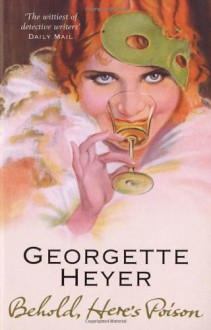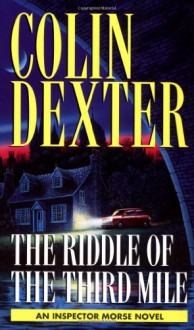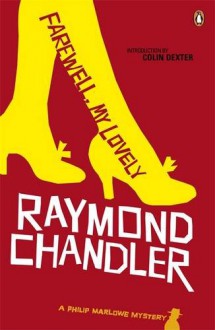
The final book (13/13), in the series of crime novels featuring Chief Inspector Morse and a bravura performance from the great detective (and his creator), on which to bring down the curtain. For all his foibles and personality flaws, the irascible Morse stands tall among the pantheon of fictional sleuths and in spite of deteriorating health, he remains the best that Thames Valley CID can put in the field. And, in this tale, a particular focus is shone on the respective relationships between Morse, DS Lewis and Chief Superintendent Strange, which only adds to the feeling of a finale.
The unsolved murder of nurse, Yvonne Harrison, the previous year is a source of bitter regret for Strange and with his retirement looming, he would dearly like to leave a clean slate. However, notwithstanding the determined coercion of his superior officer, Morse is reluctant to take the case, to the point of outright insubordination. Lewis, suspecting that Morse perhaps had an historic entanglement with the victim, gets the re-opened investigation underway, but finds Morse popping up ‘unofficially’, usually ahead of his own inquiries.
Between the family members (husband, daughter, son), a series of lovers and the closed ranks of the local village, the list of suspects is lengthy. However, it is gratifying to see Lewis, unaccustomed to leading proceedings, take up the mantle, as the continued deterioration in Morse’s health hampers his involvement.
Reflections from each of the policemen are also poignant. For example, Lewis observes that “his own service in the CID had been enriched immeasurably because of his close association, over so many years now, with his curmudgeonly, miserly, oddly vulnerable chief”. In his turn, Morse takes to writing down his latest thoughts on the case, almost as a premonition or at least an insurance against his unpredictable health concerns. In the event, the case is chased to an elaborate conclusion, with the author twisting and turning to the last, but the loss of Morse, by comparison, overshadows a rather mundane and tawdry outcome.
For a brief moment, even Lewis has cause to consider the ethics of his hero’s apparent actions, but happily Morse’s reputation for authentic leadership emerges untainted. Moreover, it may speak volumes that as a reader, I also mourn his passing. Still, while television indulges in imagined sequels and prequels, the series of books crafted by Colin Dexter remains the undisputed origin of a truly exceptional literary character. May they both rest in peace.



 Log in with Facebook
Log in with Facebook 














